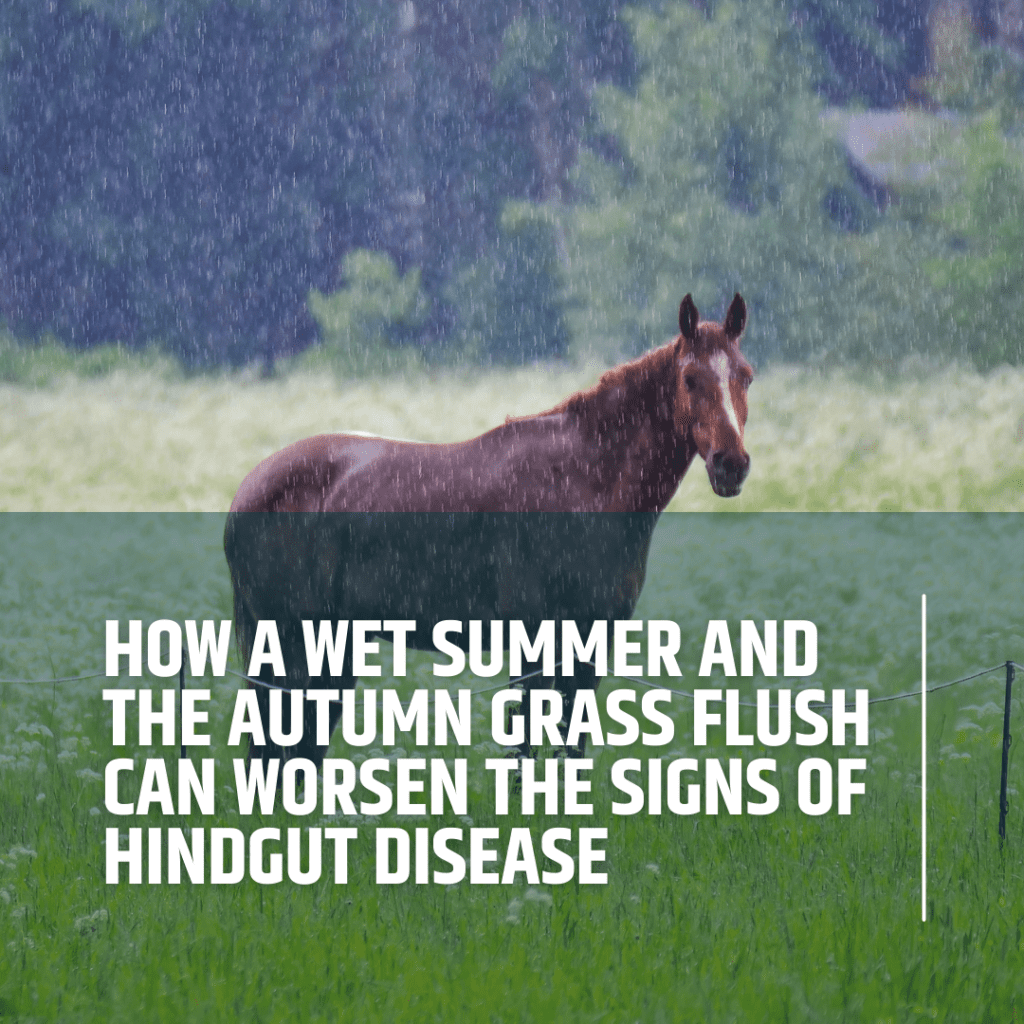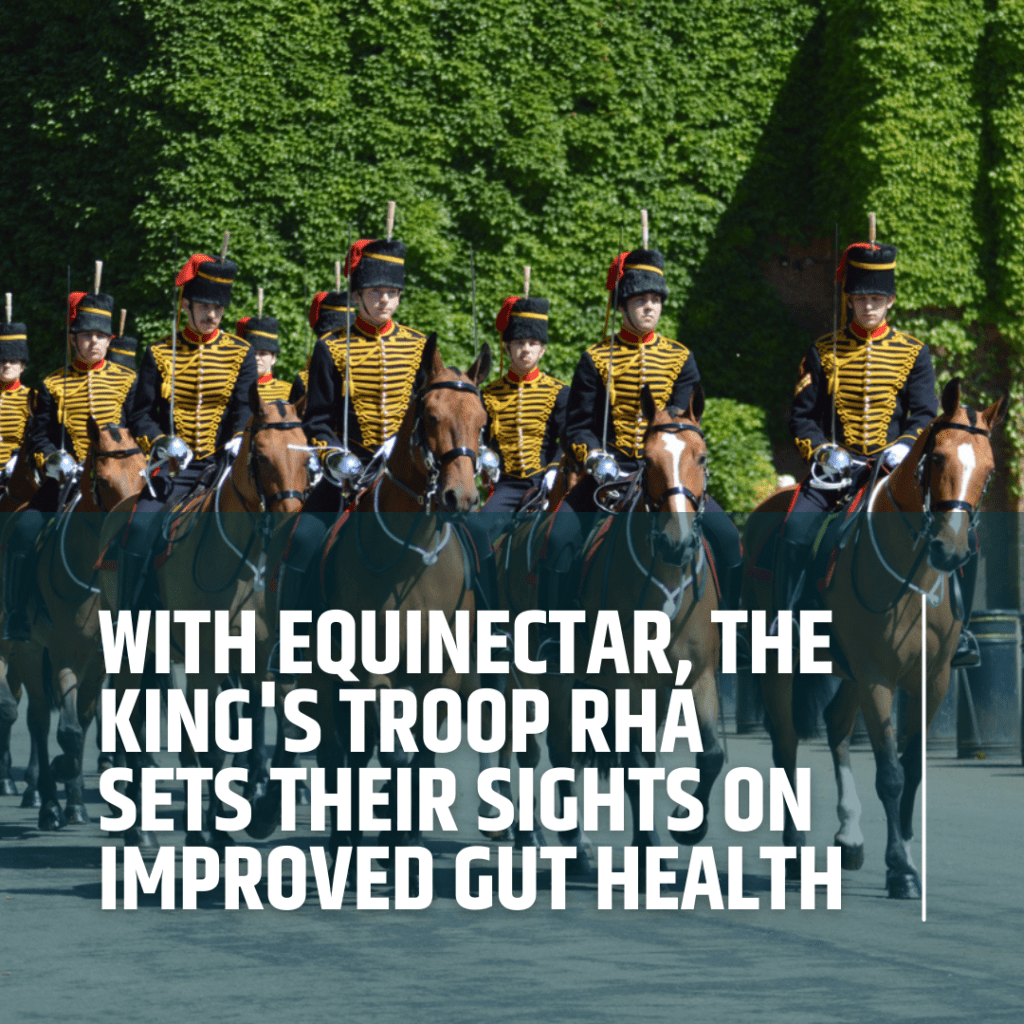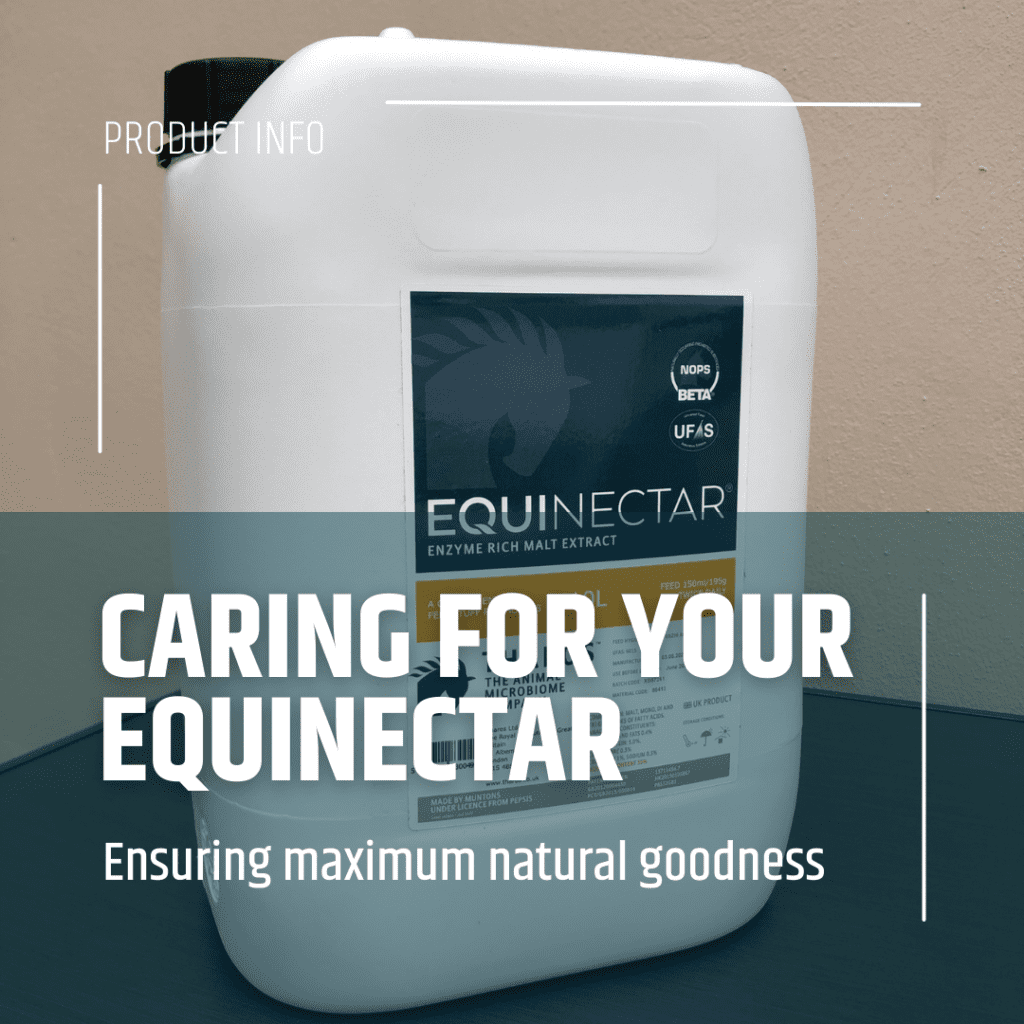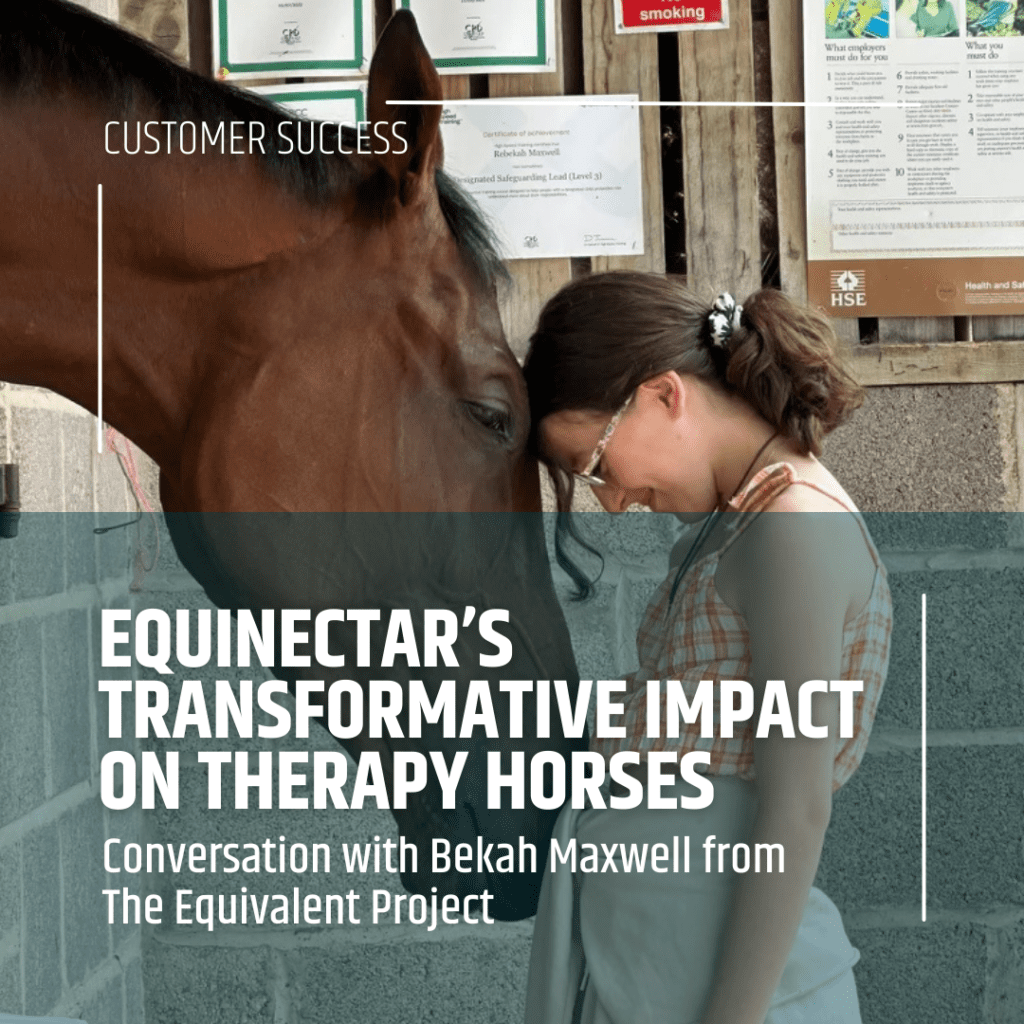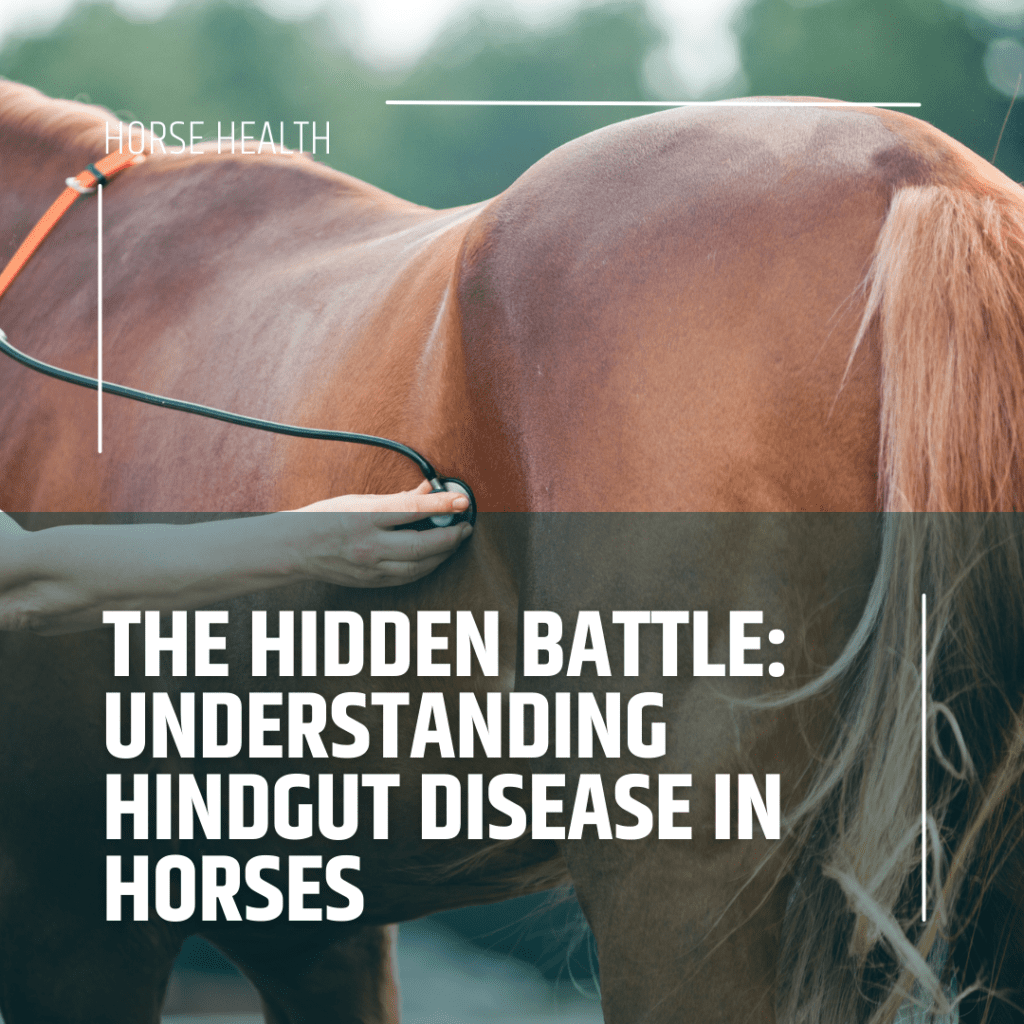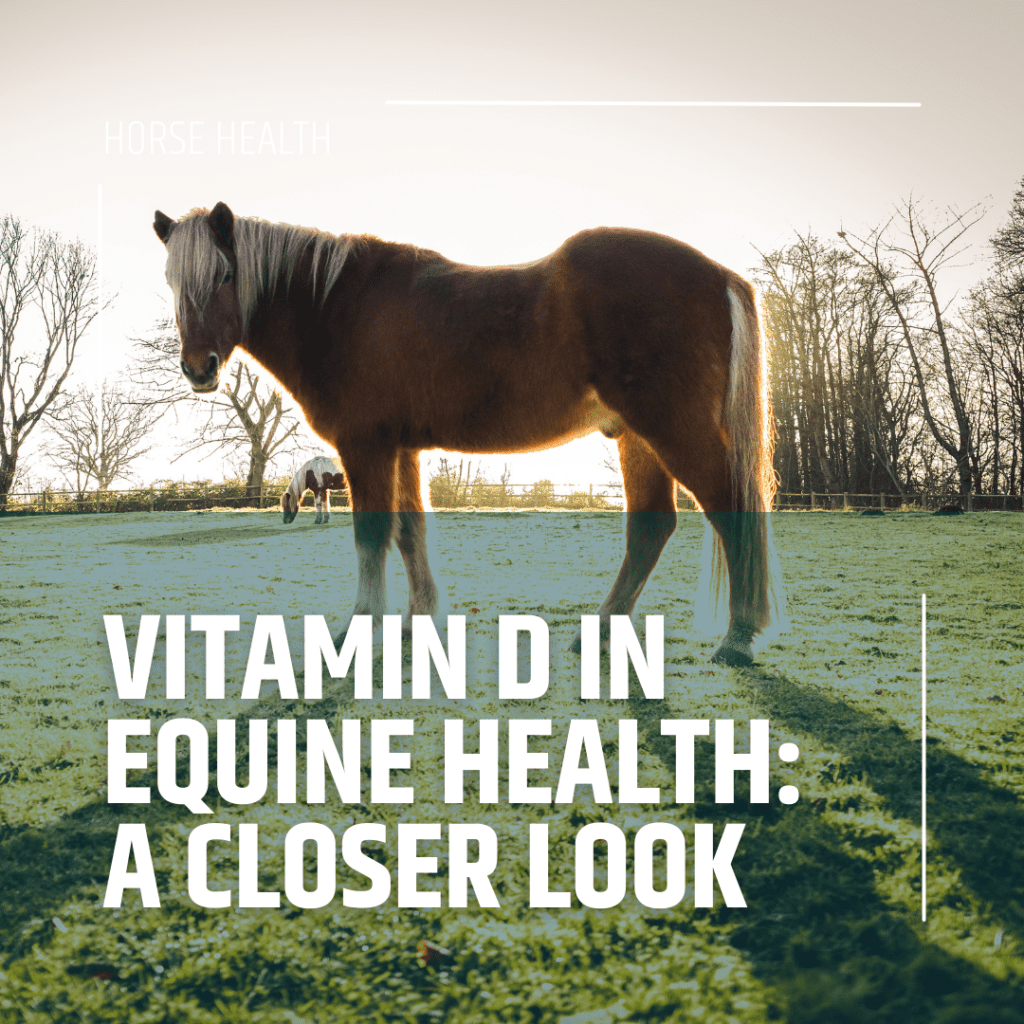Horse of the Week – BAMBI
Coach House “Bambi” is an American Few Spot Miniature mare, standing at 7.5 hands (30 inches) and aged 13 years. Bambi fulfils three roles: she pulls carriages for events and drives, visits care homes, schools, and hospices, and, most importantly, brings joy and smiles to people.
Horse of the Week – BAMBI Read More »


